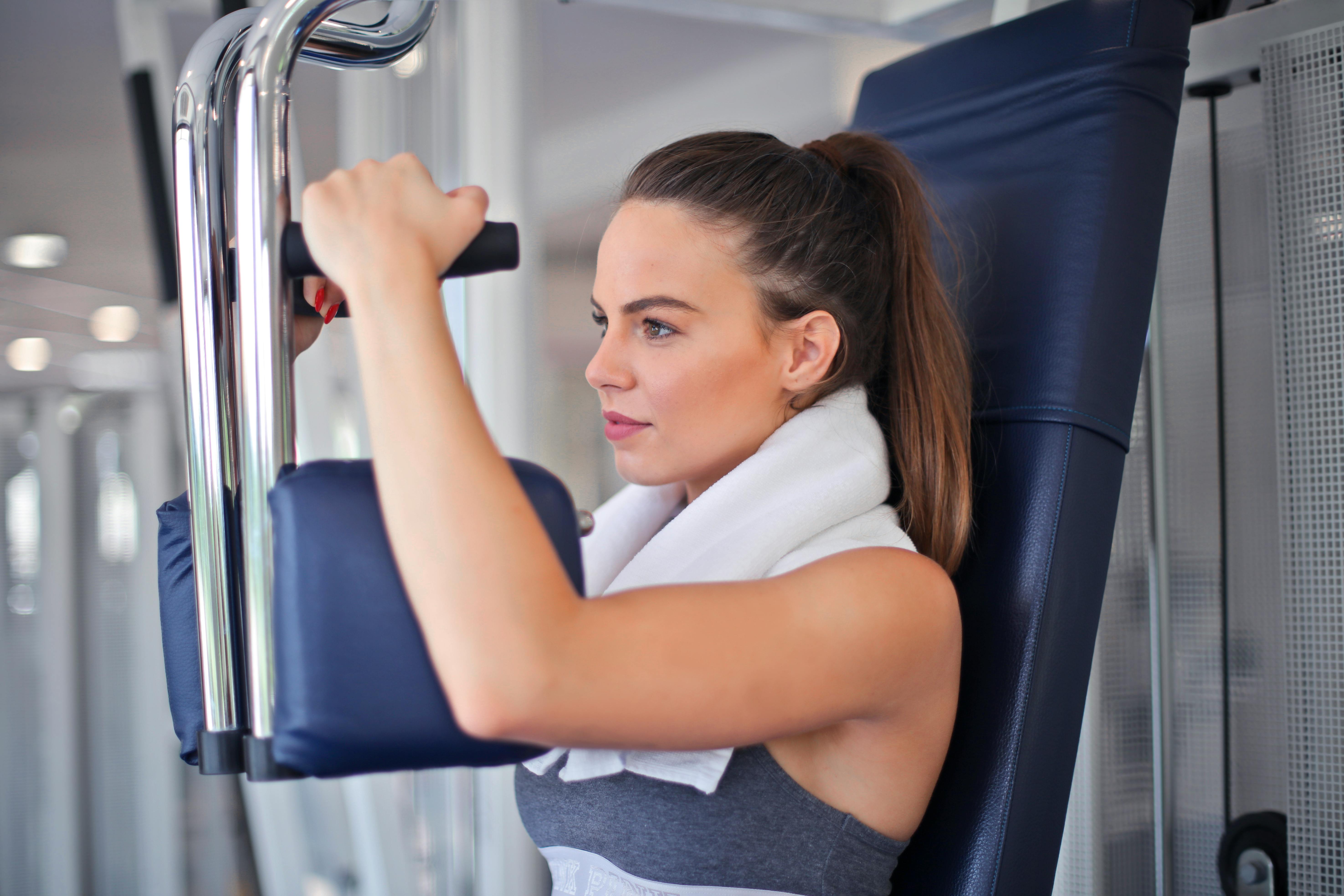Studies show that what you eat and drink before, during, and after your workout can positively affect your exercise success. Before exercising again; Whether you’re doing cardio, strength or resistance training, or even playing a sport, be sure to fill up your water bottle and pack a snack. here are the details!
Hydration
Keep in mind that being thirsty is not a good indicator of the need for hydration; By the time you’re really thirsty, you’ve already lost more than 1% of your total water. Did you know that 66% of our body consists of water, it is contained in all our organs and our brains are 75% water? When exercising, water actually gives you energy and most experts recommend drinking at least one cup for every 15 minutes of regular exercise. If you exercise for long periods or at extremely high intensities for more than 60 to 90 minutes, sports drinks or energy drinks are a good idea because they can help replace essential vitamins and minerals that are lost due to activity.
Snacks before training
A good pre-workout snack should consist of carbohydrates, a little fat, and some protein. A great example is whole wheat or apple toast with a little peanut butter. Make sure to have your snack an hour before exercising.
Post-workout snacks
Make sure to eat between 30 minutes and 2 hours after exercising, experts recommend a small carbohydrate and protein snack. Carbohydrates help replenish muscle glycogen stores and protein helps repair damaged muscle tissue. After mild to moderate cardiovascular exercise, a snack of about 100 calories is sufficient; For high intensity cardio and strength training, snacks of 150 calories or more work well.
Other nutritional considerations
Breakfast is key, experts agree that skipping breakfast means you will be hungrier and have a tendency to eat more “empty calories.” Make sure you eat the right amounts of protein, carbohydrates, and fat. The ADA standard daily recommendations are as follows:
• Protein: 15% of the diet
• Carbohydrates: 55% – 60% of the diet
• Fat: 25% – 30% of the diet
Lastly, keep in mind that when it comes to eating nutritiously, there really is no substitute for healthy, whole foods. When possible, it is best to consume the real thing instead of bars or energy drinks. As you can see, it is the small changes in what you eat and drink that create the positive results.
Be fit, be healthy, be happy! ~ Tanya
